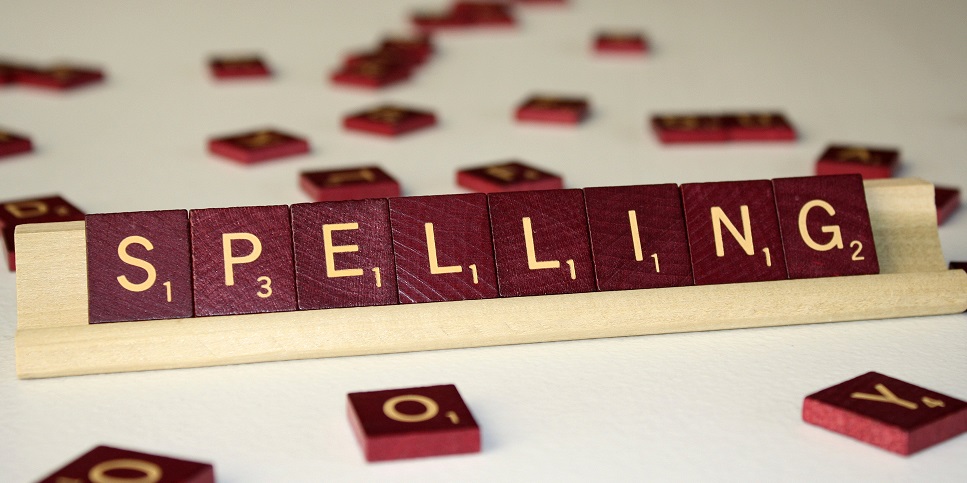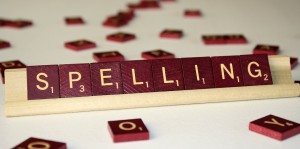Write, rite, or right – who’s checking the Spellchecker?


China, India and Brazil might boast the world’s fastest-growing economies. But English is still the language of international business and anyone wanting to succeed in the global economy has to be able to communicate clearly in it.
The problem is, English is complex, quirky and frequently illogical. Derived principally from German, Latin and Norman French, over the years it has also steadily appropriated words and expressions from other languages.
From the British India connection come words like avatar, jungle, cot, juggernaut, khaki and bungalow, while the Norse influence has given us everyday words like husband and sister. If your friends and colleagues admire you for your chutzpah (cheek or audacity) or a glitch in your computer drives you mad, the words you are using are Yiddish in origin.
This continuous assimilation of other peoples’ words can be both good and bad. On the plus side, new words keep English vibrant. On the downside, they make what was already a tricky language an even more difficult proposition for non-English speakers and writers to learn.
Mistakes are easy to make
Perhaps that’s why mistakes are so easy to make in English. Take the headline at the top of this section. It employs three words which are spelled differently, mean different things but are pronounced identically.
Write means to produce letters and words
Right is the opposite of wrong
Rite means a ceremonial act or procedure.
Words like this are known as Homophones. And homophones litter the English language; hundreds of them. To make things even more confusing, there are words which are spelled the same way but have different meanings. A prime example is the word bear (to carry or withstand) whose spelling is exactly the same as for the animal known as a bear, e.g. a polar bear. These words are called homographs.
As if things weren’t already confusing enough, electronic messaging, texts and Tweets are adding another layer of mischief. Lazy spelling, slapdash grammar and simplistic acronyms and abbreviations crop up in business reports, examination papers and in even the most highbrow publications with regular monotony.
Calculate the value of a spellchecker
Many people try to overcome these problems by using a SpellChecker. If English is not their first language, that could be as dangerous as using a calculator without being able to add up reasonably well.
Having a reasonable grasp of mental arithmetic makes a calculator a very useful tool, because you can compute in advance whether a calculation makes sense. Without that basic skill you are at the mercy of the machine and obliged to take any calculation at face value.
The same is true of spellcheckers. Though many are context-sensitive, they are not fool-proof. It is entirely possible to use the wrong word in the wrong context as long as it is spelled correctly. Therefore, any writer who relies solely on a Spell Checker to proof their material is asking for trouble.
Check the SpellChecker. Or, better still, have someone with a good command of English proof-read your words before you finally commit anything to the public domain.
Finally, read my eBook, The Upside Down Guide to writing for the Press, which along with many powerful writing tips, includes a useful list of frequently confused words to help you avoid righting rite when you meant to be writing right.
About the author: Peter Rose is a writer, PR and Marketing specialist who has authored more than 10,000 articles for publications in the UK, Europe, USA and Australia and used his experience to train others in the basic skills of PR writing.
He lives in southern England with his wife Patricia and a slobbery dog called Lucy. His daughter, Naomi is a successful Theatre Director in Florida.
Read The Upside Down Guide to writing for the Press on Bookboon.




